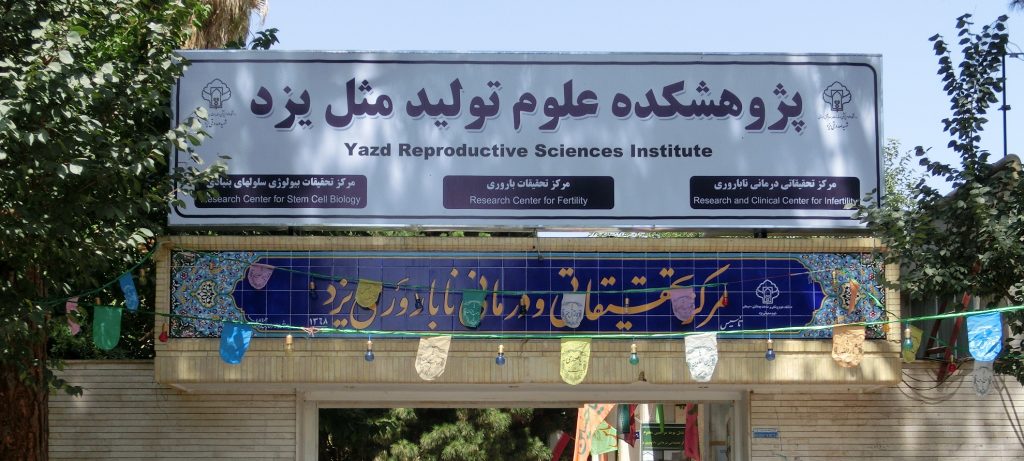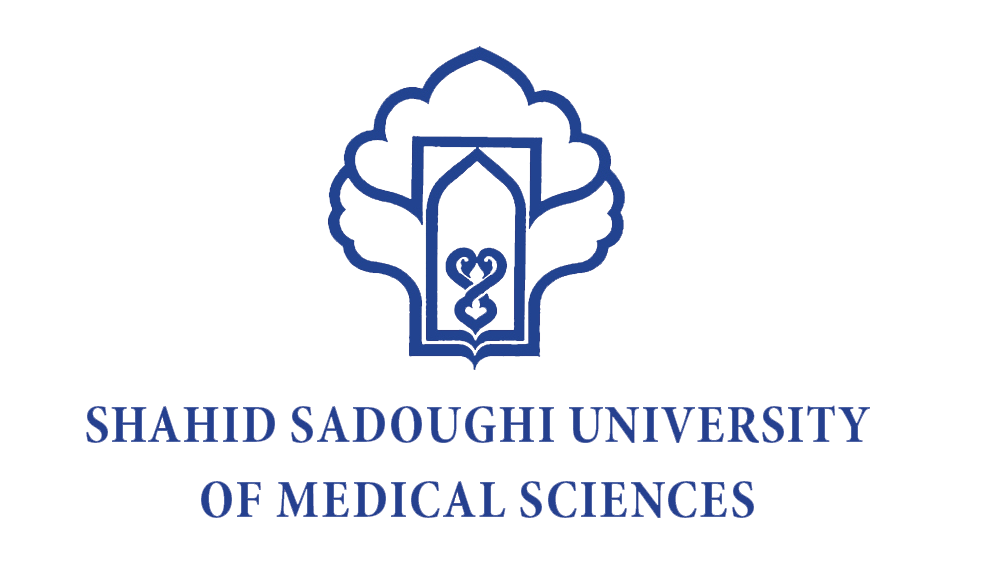
Introduction
Yazd Reproductive Sciences Institute was established in 1989 in the city of Yazd through the efforts and follow-up of a group of specialists from Shahid Sadoughi University of Medical Sciences, following the presentation of the research project “Investigating the Success Rate of In Vitro Fertilization in Infertile Couples.”
On February 14, 1999, the Council for the Development of Universities approved in principle the establishment of the Infertility Research Center affiliated with Shahid Sadoughi University.
On December 16, 2000, the Council for the Development of Medical Sciences Universities gave final approval for the establishment of the Infertility Research Center and the center officially began its activities.
The initial purpose of establishing this center was to introduce advanced infertility treatment technologies in Iran for the first time, provide the necessary facilities for the development of this field both provincially and nationally, and treat infertile couples who previously had to travel abroad—mainly to European countries—for treatment. Today, more than 14,000 couples visit this center annually for infertility treatment.
The main building of the research institute houses research centers for infertility treatment, stem cell research, and recurrent abortion. It includes women’s clinics, urology, recurrent abortion, genetic counseling, nutrition counseling, psychiatry, administrative and management sections, as well as operating rooms for laparoscopic surgeries (including laparoscopic laser and ultrasonic knife procedures), ovarian follicle aspiration, embryo transfer, and sperm preparation procedures (such as epididymal aspiration [PESA], testicular extraction [TESE], electroejaculation, and micro-TESE).
The institute also includes reception areas, a hospitalization ward, a library, an ICT center, and several laboratories. The specialized laboratories cover assisted reproductive technology (ART), andrology, immunohistochemistry (IHC), genetics, biotechnology, and hormone analysis, in addition to supporting a wide range of infertility research projects.
At the end of 2000, the center was recognized as a national scientific hub and the center of excellence in the field of infertility and reproduction by the Deputy Minister of Education of the Ministry of Health, Treatment and Medical Education.
In 2001, it was also introduced as a model research center at Razi Research Festival. The center takes pride in treating thousands of infertile couples using assisted reproductive techniques, serving as a leading scientific institution in this field, training specialists in new infertility treatment methods, and conducting extensive research in various areas of reproduction and genetics. The institute is recognized and respected by scientific institutions both inside and outside the country.
